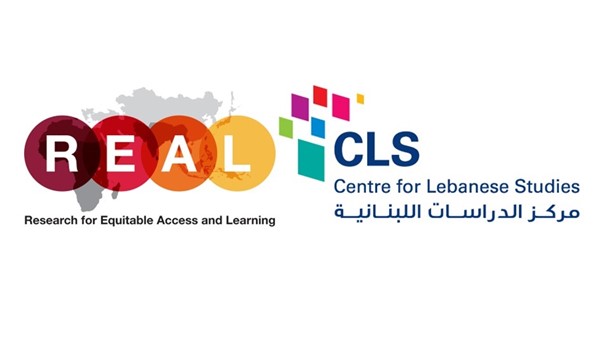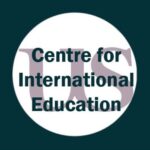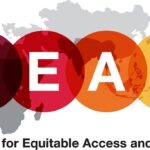
23 January 2024, 13:00-14:00 GMT
Speakers: Professor Yusuf Sayed, Professor Maha Shuayb, Jee Rubin, Faculty of Education, University of Cambridge
Chair: Professor Pauline Rose
About the seminar:
In the midst of global conflicts, surveillance, and persistent violence, academia faces ethical dilemmas concerning its role. As a genocide unfolds in Palestine, academia struggles with constraints on academic freedom, potentially curtailing its ability to challenge authority and injustice. The suppression of academic expression hampers critical research, threatening the foundation of scholarly pursuit and the university’s mission. In this seminar, we re-examine and define ethical scholarship, particularly regarding the role of educational institutions amid escalating violence.
Register to join this seminar in person or online here.
About the seminar series:
Join for the opening panel of this joint REAL Centre/Centre for Lebanese Studies seminar series. It aims to tackle multiple and interrelated injustices in the Global South, which manifest in war and genocide, and their interconnection with environmental degradation and resource conflict. Education is a critical site for scrutinising and deconstructing systemic injustice. This seminar series pays particular attention to the way in which education is affected, both as potential cause, consequence and maintainer of injustices, as well as opportunities education offers for eradicating inequities.
The series examines the underlying historical and political processes that drive and perpetuate these injustices. Particular attention is paid to the ways in which states in the Global North cause, and exacerbate, such injustices, perpetuating the colonial legacy in diverse contexts of the Global South. This series explores how the unfolding genocide and long-term occupation of Palestine highlight the inadequacy of the global system in addressing these atrocities. It explores how the global system propped up the system of Apartheid in South Africa and how global support for human rights was key to bringing out an end to the system in 1994. Likewise, the intensifying turmoil in Sudan serves as a poignant illustration of the injustices perpetuated within an inequitable global system. Deploying an intersectional lens across diverse contexts, this seminar series animates discussion about key education challenges, including violence against girls and women, racism, colonialism, displacement, and advocates for ethical and committed scholarship.
More about the series and how to register for all of the seminars.





